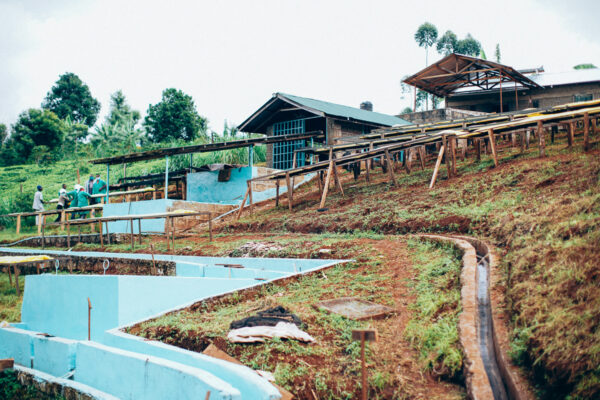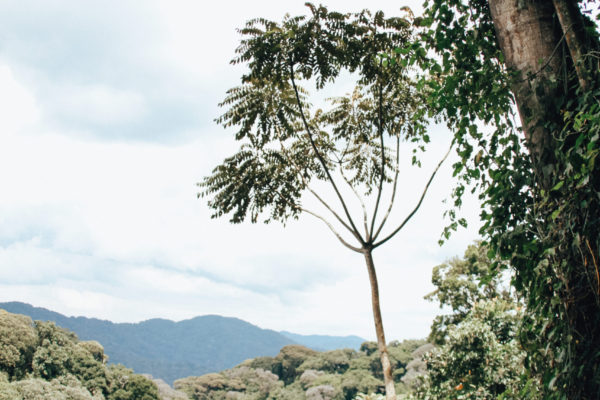October 24, 2020 is a day that will go down in the history books of Long Miles Coffee. The date marks our official launch of Long Miles Kenya, and our first day of coffee harvest in Kirinyaga County. Not long after that, our first fully washed micro-lots of the season hit the drying tables.
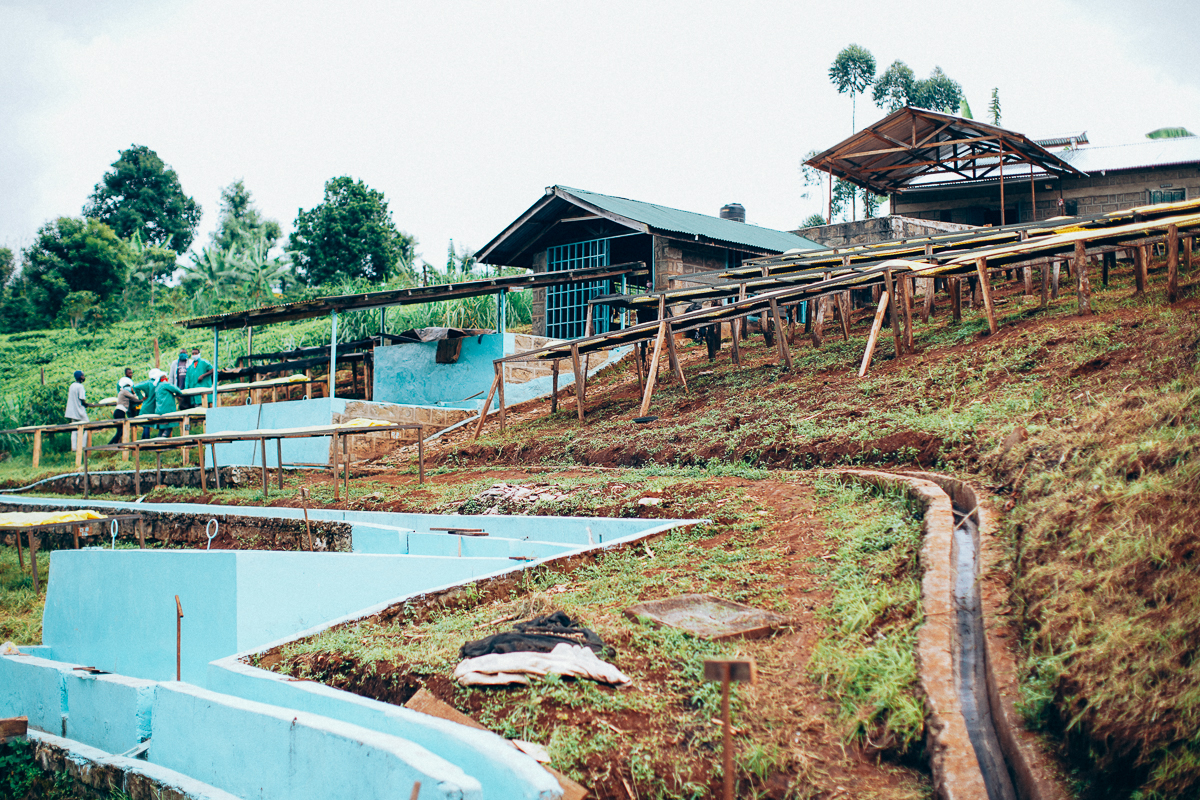
How did Long Miles Kenya start?
In partnership with Haron Wachira from Akili Holdings Ltd., we have refurbished Thunguri Coffee Factory in Kirinyaga County, Mount Kenya (just east of Nyeri County). In the past, the coffee factory existed to serve the Wachira family and a few of their neighbors who grow coffee in the region. While the Akili Group is not solely focused on coffee, we share the same vision of working with small-scale farmers to improve their coffee production, access to markets, and the price paid for the coffee they produce. Long Miles Kenya will be a long-term partnership with the Wachira family, and the communities of coffee growers in the Mount Kenya region.
During a year [2020] in which travel was seemingly impossible, our founders, head of quality control, managing director, and story team were able to visit and connect with a community of coffee growers in Kirinyaga County who are committed to producing high quality Kenyan coffee. Check out the highlights from our team’s visit here. We’ve sown the seeds for our Coffee Scout program, and will soon start building a team of young agronomists whose mission will be to work alongside our partner coffee growers, empowering them with best farming practices and any support that they might need to produce quality coffee.
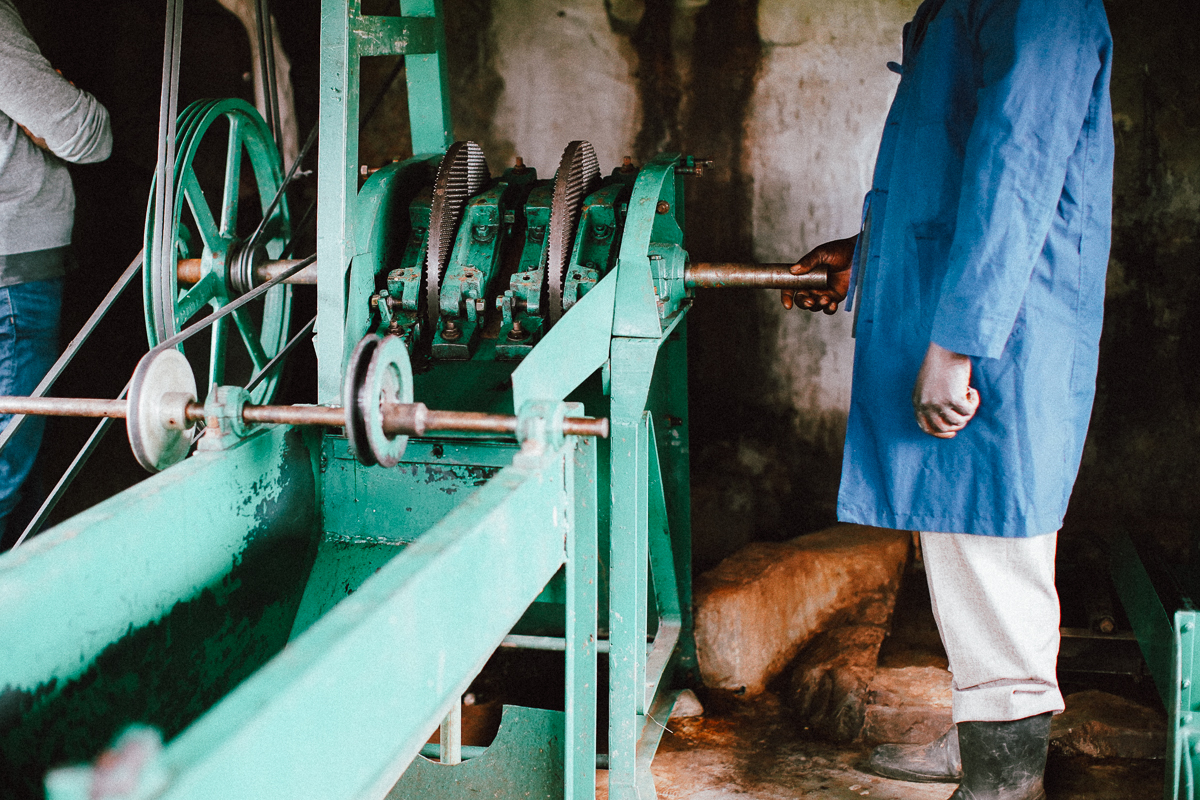
How did the harvest season go?
In our inaugural coffee season, (a low harvest year for coffee growers around the country), we collected and processed a small volume of cherry from twenty partner coffee farmers living around Thunguri Coffee Factory, modelling how we produce micro-lots in Burundi. While our inaugural harvest season in Kenya may seem low, building trust within a new community takes time. We’re still listening to, learning from, and getting to know the communities of coffee farming families in the region.
Our team also visited and worked on quality control measures with other farmer-owned coffee washing stations as well as private estates in the region, and cupped through the coffees that they produced this season. Our intention is always to produce our own coffee, but in these early days of establishing Long Miles Kenya we will also be sharing the coffees produced by other coffee washing stations that we enjoyed tasting on the cupping table.
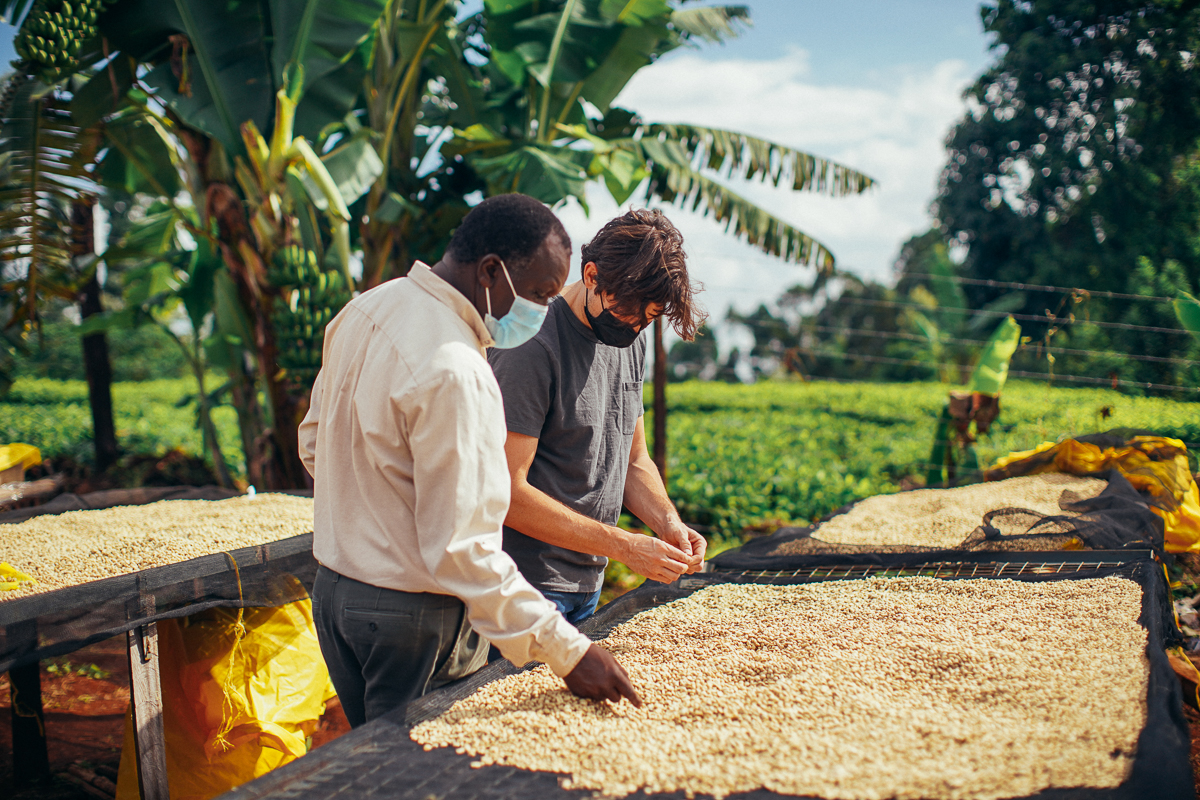
We’ve also been thinking about the possibility of starting a Long Miles Coffee Farm in Western Kenya for a while. After looking for over a year, we’ve found a piece of land at 2200masl, close to the edges of a national forest park in Western Kenya. Follow the updates that Ben shared during his recent trip to Kenya here. We’ll soon be planting our first SL-28 coffee trees on this piece of land, pursuing regenerative farming practices. We’ll also continue the works of our reforestation project, Trees For Kibira, in this region, planting out green belts of trees, and encouraging the practice of shade-grown coffee.
Where can I find Long Miles Kenya coffee?
We’ll keep you updated on where you’ll soon be able to find a bag of roasted Long Miles Kenya coffee. In the meantime, we’re receiving pre-shipment sample materials of our Kenyan coffees over the next couple of weeks. If you’re interested in receiving samples, please let us know!
